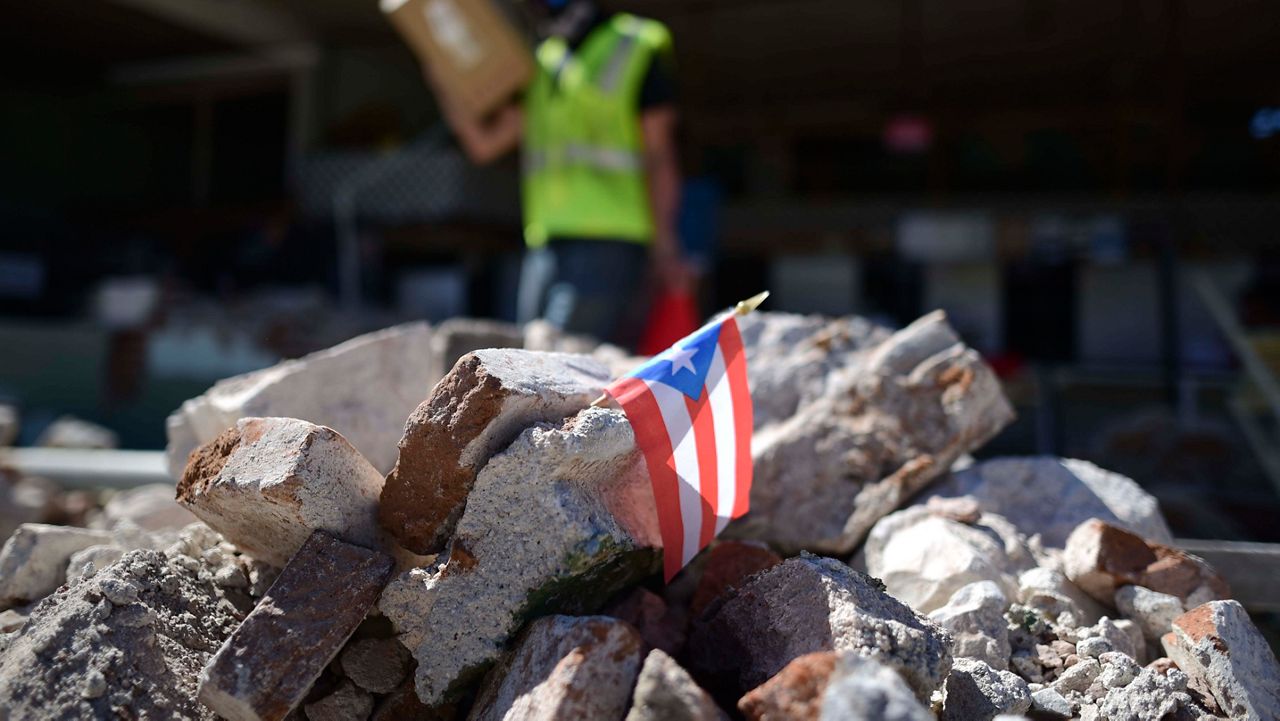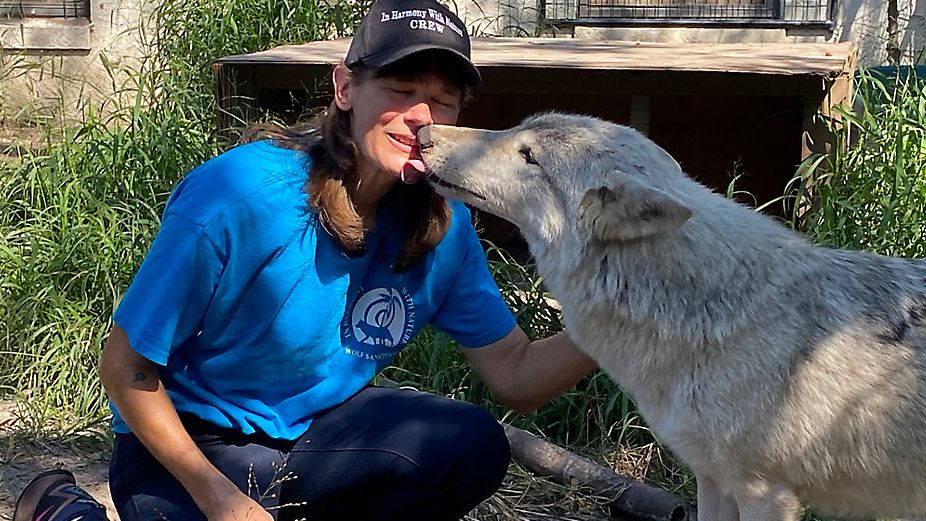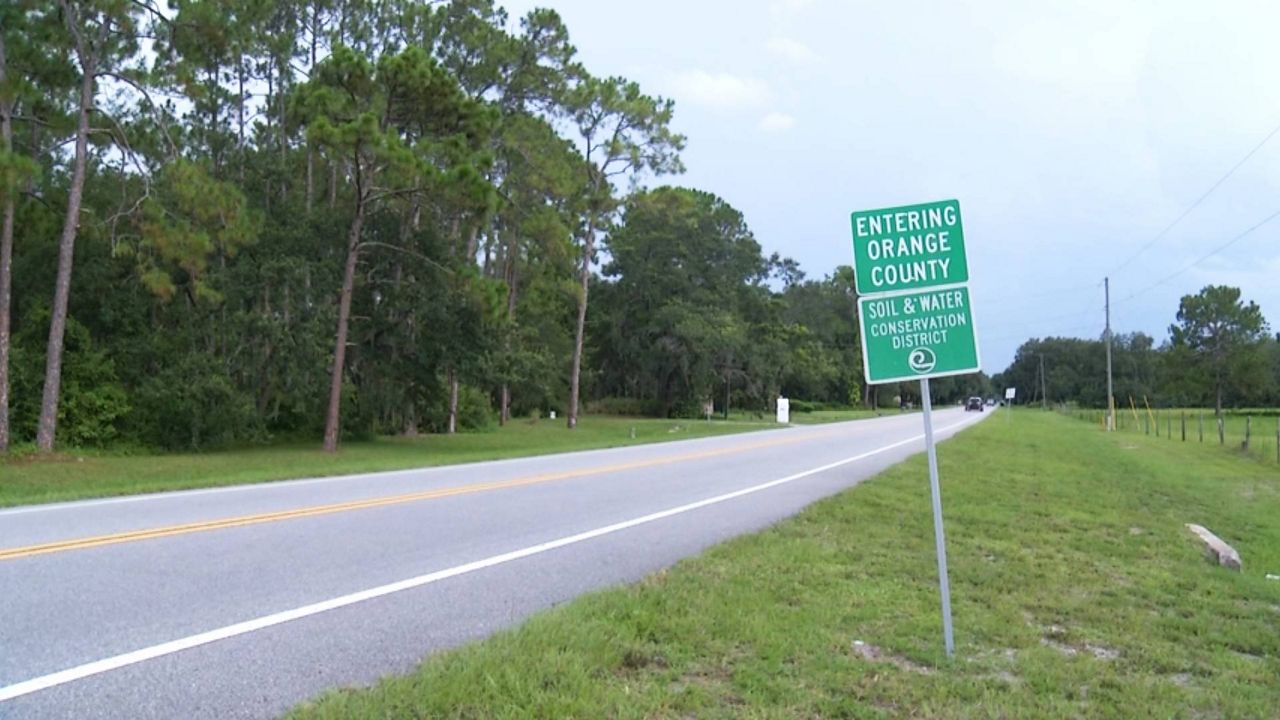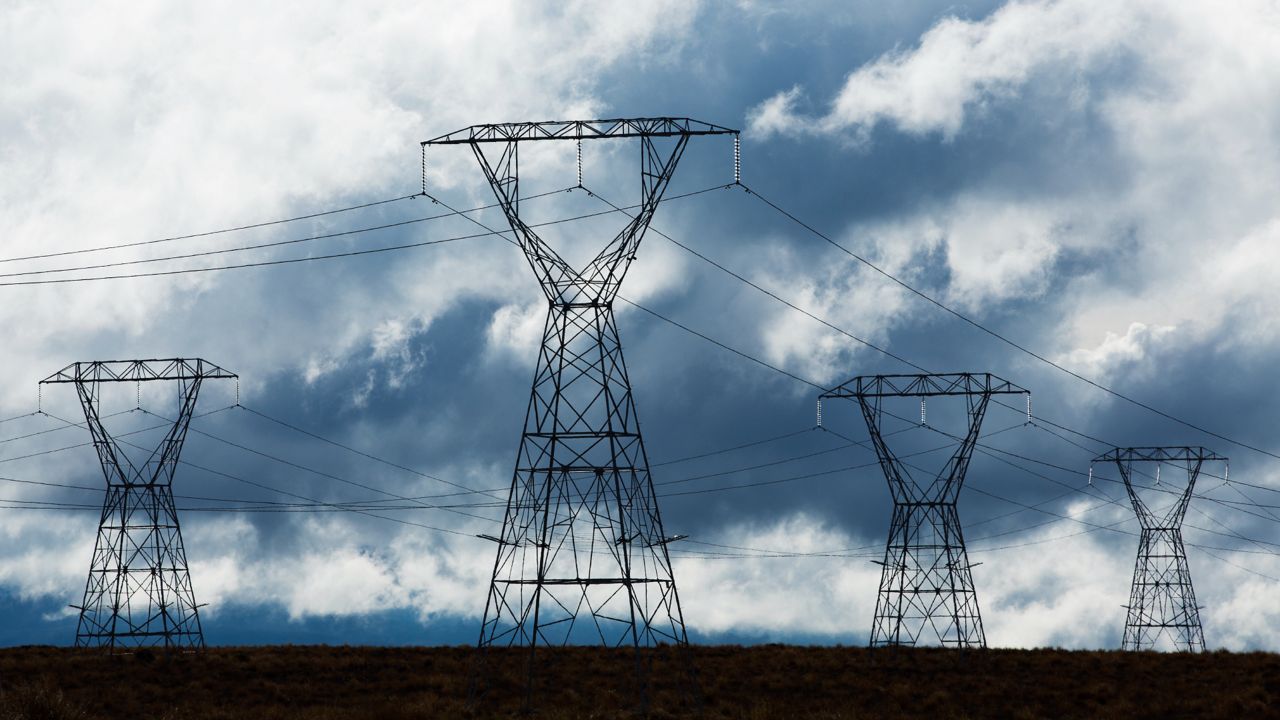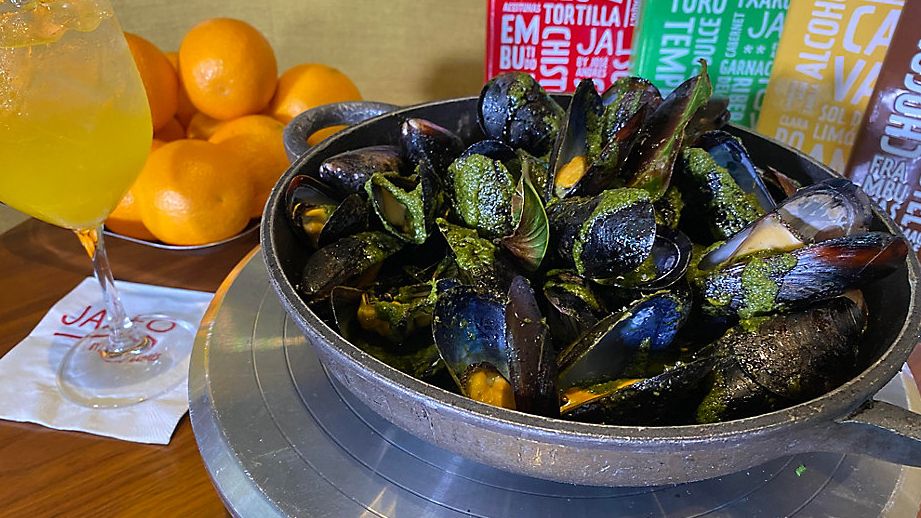ORLANDO, Fla. — Surviving a natural disaster can be hard — the recovery taking years in many cases.
- Research study aims to help Puerto Ricans recovering from disasters
- Many survivors of Maria and recent earthquakes suffering from PTSD
- Those who moved to Central Florida also dealing with a culture shock
After Hurricane Maria hit Puerto Rico, many families who could, moved to Central Florida in search of a fresh start, though many are still dealing with PTSD from surviving that event.
A new research study aims to help those families and others like it move forward.
Inside the Episcopal Church of Jesus Christ of Nazareth, families fill in, ready to share. Everyone is a survivor of Maria, and many of them also survived the recent earthquakes that rocked the island this winter.
"This project is very emotional and close to my heart because my family is living in Puerto Rico, so they have gone through a similar experience," Mildred Maldonado-Molina, with the University of Florida, said.
Maldonado-Molina and researchers from University of Florida, University of Miami, and University of Boston are meeting with dozens of families, talking to them about their trauma from surviving natural disasters and then moving to Central Florida.
It’s part of a multi-year grant to better understand that trauma and the culture shock that came after.
"Post traumatic stress doesn't get better over time, it gets worse," Seth Schwartz, with the University of Miami, said.
And what they're working with these families from Puerto Rico with is unprecedented.
"I think this is a unique opportunity to look at it. Because it's displacement, not only after a weather-related event, but it also has a cultural migration component," Maldonado-Molina said.
The Hispanic Federation helps many families as they come from Puerto Rico, moving either after the hurricane or more recently with the earthquakes. With the continued issues on the island, those numbers aren't slowing down.
"Well, last week, we had around 300 families. We have been receiving multiple and hundreds of calls since January," Yanidsi Velez, Director of the Hispanic Federation of Florida, said.
This week is about getting to know the families — but they'll be working with them until 2024. Not just studying what they've survived but connecting them to resources and identifying any gaps in programming.
"What we're looking to do is really get a sense of how people are doing so that we can develop the sorts of programs that haven't been there before," Schwartz said.
That community connection is helping these families move past their PTSD and begin their new lives in Central Florida.




